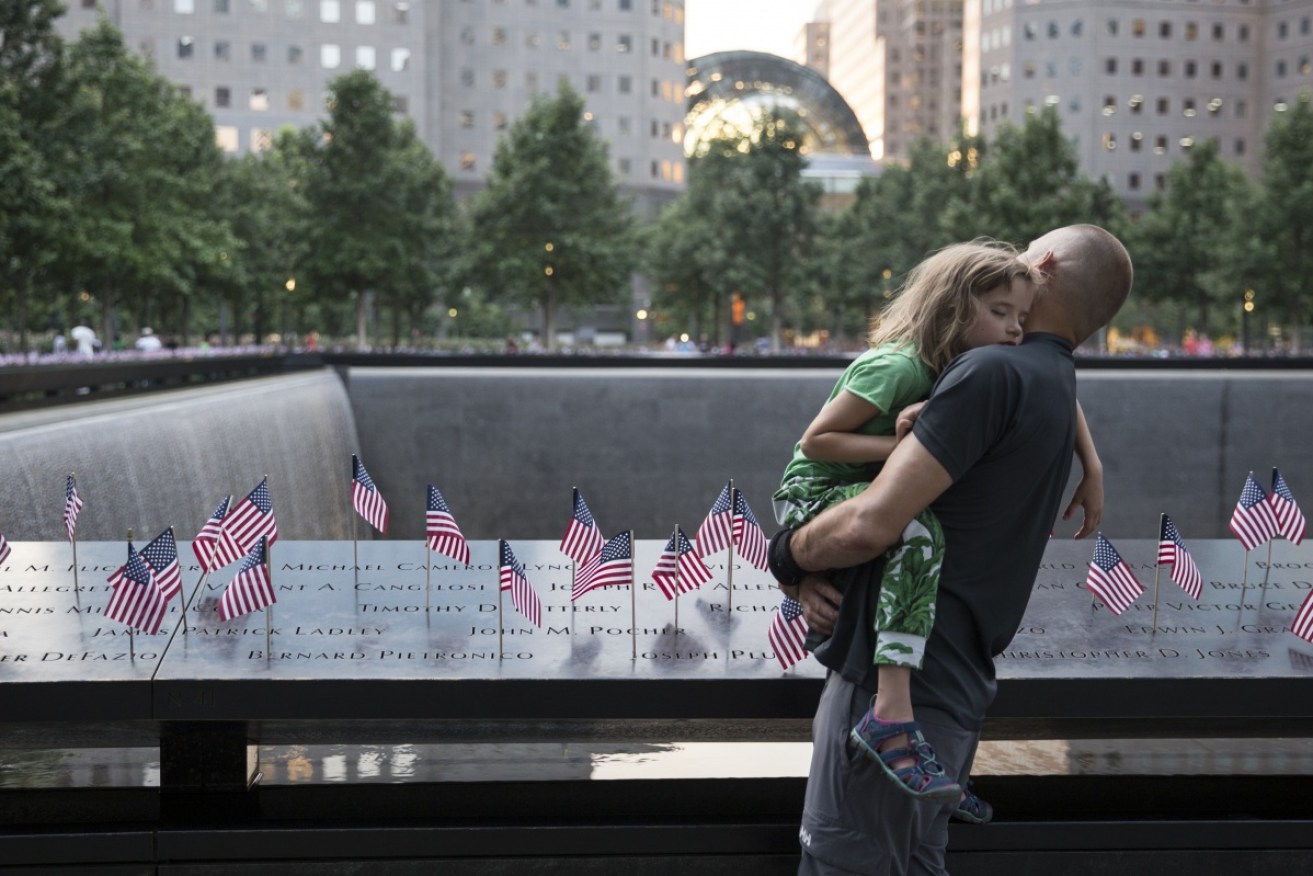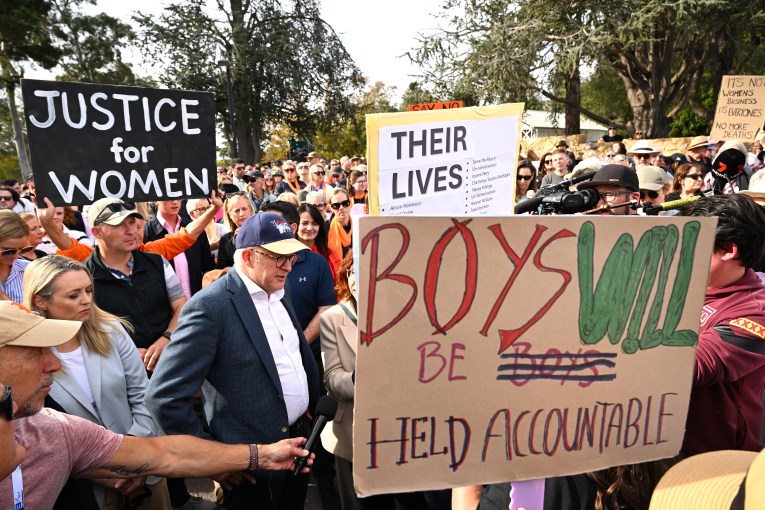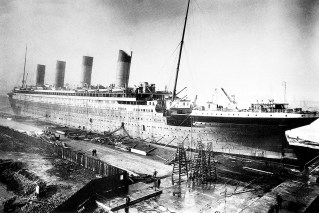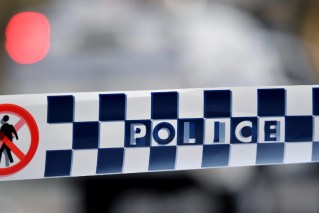In a war without end, the events of 9/11 still central to world affairs

A man and his daughter take time out at the 9/11 memorial pool in New York. Photo: Getty
Sixteen years on from the fall of the Twin Towers in New York, the ritual laying of flowers in the world’s major cities after another attack has become the norm.
In a war without end, it appears the jihadists have won.
Tens of thousands of civilians, Islamic State warriors and members of security forces have died in recent years.
The massacres from the Philippines to Europe, from Turkey to the United States, the concrete bollards, the burdensome airport security, the universal surveillance, means terror has arrived on everyone’s doorstep.
Think Paris, London, Brussels, Barcelona, Manchester. And that’s just this year.
There were more than 11,000 incidents across 104 countries in 2016.
Spreading fear into the homelands of the unbelievers was an aim repeatedly stated by Islamic State. Goal achieved.
And all of it took hold in the most dramatic way possible – 16 years ago, on September 11, 2001.
The world awoke to the unforgettable images of planes smashing into the 110-storey Twin Towers of the World Trade Centre in New York. Scenes seared into our collective memory.
Eleven Australians were among the 2997 people killed.
This day in the US is a solemn anniversary for those lives lost. But their deaths were only the beginning.
The west’s response, the 2003 invasion of Iraq, is now widely criticised as terror has metastasised from one country to another. Estimates of deaths in Iraq alone range over the million mark.
From the chaos rose Islamic State.

Islamic State fighters in Syria. Photo: Getty
That organisation’s ultra-violence, featuring mass beheadings, shootings and crucifixions, has attracted followers worldwide.
In the immediate aftermath of 9/11, George Bush, Tony Blair and John Howard strutted the world stage as members of the Coalition of the Willing.
Their reputations have since been savagely damaged. Britain’s recent Chilcot Report slammed the nation’s rush to war.
A report from the Australian Directorate of Army Research, declassified last year, demonstrated that the only reason Australia was involved in the war was to shore up its alliance with the USA.
The conflict reverberates to this day, with Amnesty International recently accusing Australia of war crimes.
The ADF has dropped some 700 bombs this year in the ongoing conflict.
Dr Isaac Kfir, director of the National Security Program at the Australian Strategic Policy Institute, told The New Daily: “Most people would take the position that we are less secure today than we were pre-9/11. Jihadism was confined.
“Most had no idea who they were. Now the whole world knows.You can see its presence in every continent in the world, Asia, Africa, Europe.”
Terror expert at the Australian National University Clarke Jones told The New Daily that counterterrorism tactics had backfired, damaging Muslim and government relations.
“They have worked to marginalise and ostracise Muslim communities,” Dr Jones said.
Australia mishandled its response to 9/11
Alison Broinowski, vice-president of Australians for War Powers Reform, told The New Daily the US, UK and Australia badly mishandled just about everything to do with 9/11, and the world had been paying the price ever since.
“It should have been seen first and foremost as a heinous criminal act and not cause for some ridiculous so-called war on terror,” Dr Broinowski said.
“The mother of all mistakes was to widen the conflict to Iraq which set in train the series of events that now destabilise a number of countries and gave birth to Islamic State. Australia should have stayed well clear.”
Former intelligence officer Andrew Wilkie, author of Axis of Deceit and the only insider to publicly speak out about the false evidence used to justify the invasion of Iraq, stands by his stance at the time.
“Prime Minister John Howard and then foreign minister Alexander Downer rightly stand accused of war crimes and their actions should be properly investigated,” he told The New Daily.
“The bottom line is that these matters constitute Australia’s greatest foreign and security policy blunder in our history.”








